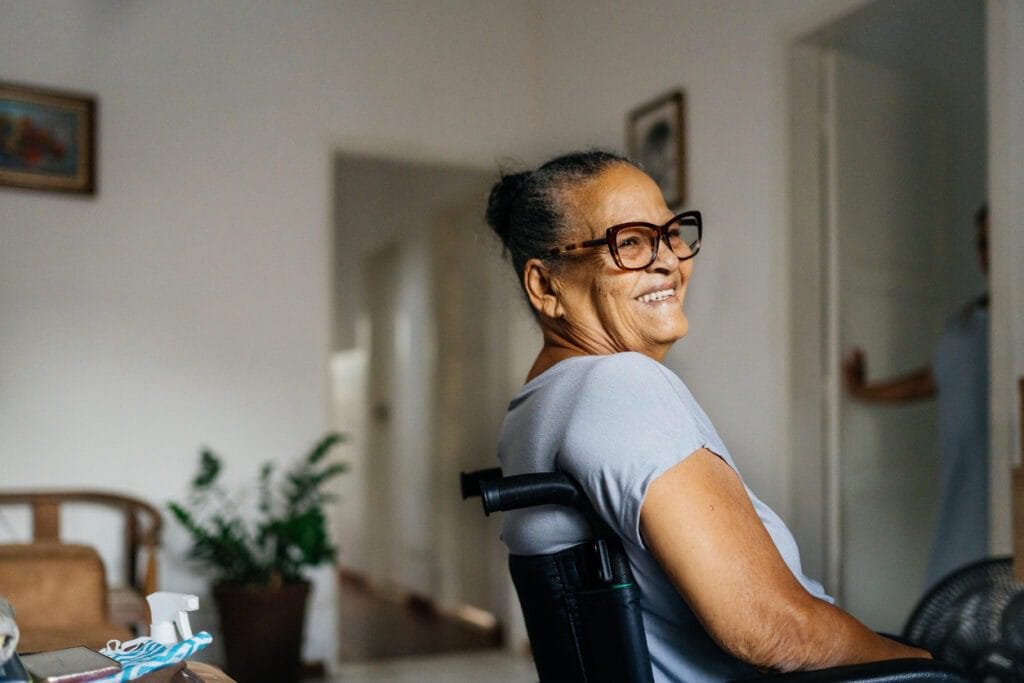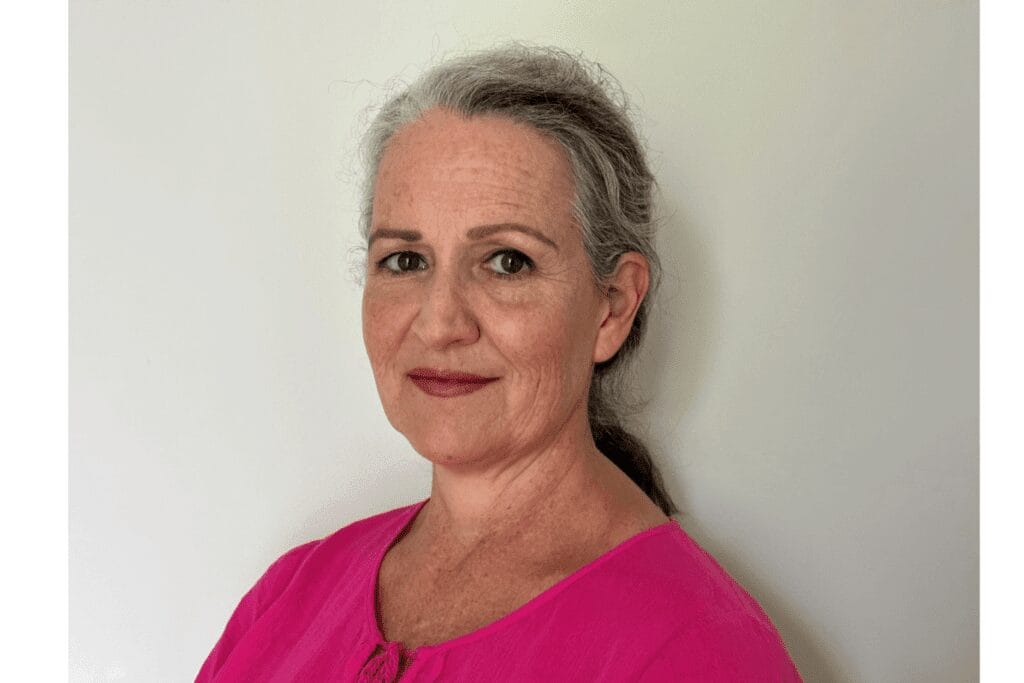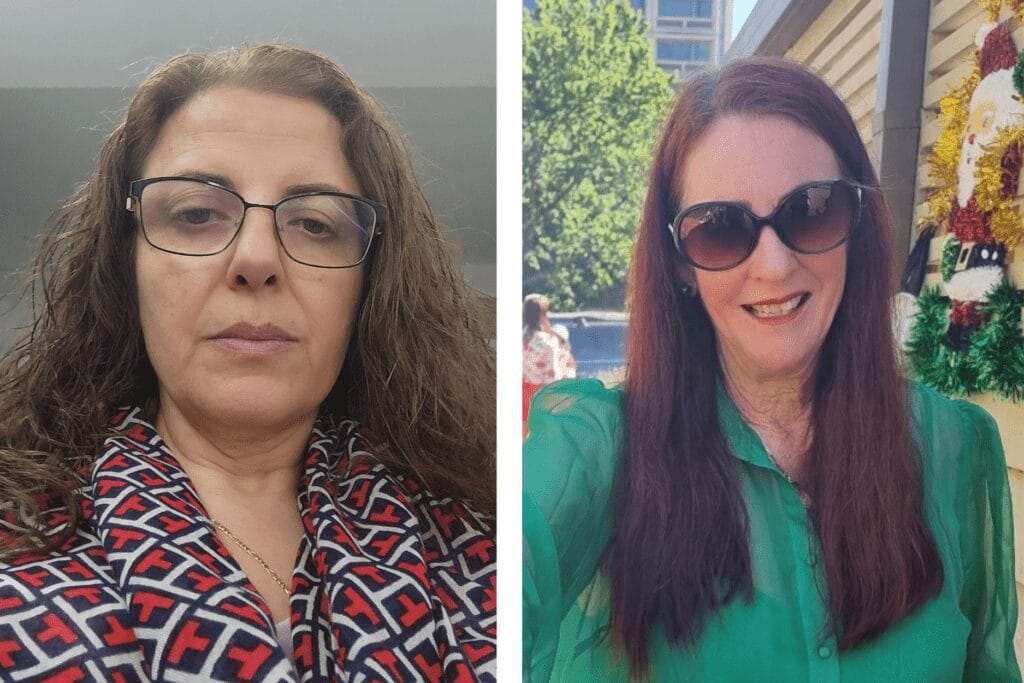AMEP Volunteer Tutor Scheme expands reach of English tuition

For clients of the NDIS (National Disability Insurance Scheme), life can have many challenges. There are conditions to manage and medical appointments to organise, as well as a health system to navigate, all around the often-busy requirements of daily life.
For migrants and refugees accessing the NDIS who are new to the country, it is even harder, dealing with their disability on top of basic needs, such as finding housing, financial issues, settling into a new community, new laws, and – at the base of it all – learning a new language. They often don’t have the time or ability to physically attend college for Adult Migrant English Program (AMEP) classes.
That’s where the Volunteer Tutor Scheme (VTS) comes in, bringing all the benefits of the AMEP directly to these people, in a way that suits their lifestyle, until they are ready and able to attend formal AMEP lessons.
About 10 per cent of people accessing the government’s NDIS are from Culturally and Linguistically Diverse (CALD) backgrounds. Their health conditions range from cognitive disabilities, such as autism or stroke, to physical disabilities like multiple sclerosis, spinal cord injury or other physically limiting ailments, as well as vision or hearing impairments.

Navitas Skilled Futures VTS coordinator Marcella Aguilar (pictured above) said NSF tutors had been working successfully with migrant and refugee NDIS clients for many years, helping to ensure people are not disadvantaged by their disabilities. And she said both the students and their tutors got so much more out of the program than just learning English.
Marcella said eligible students undertake a needs analysis and are personally matched with a trained tutor who is right for them. The tutors then visit the students in their home or an agreed-upon location for an hour once a week to deliver English language tuition. And this delivery can be tailored specifically to the students’ needs.
“I know that if clients don’t come to classes at college, and they don’t have a home tutor, they might not know how to push for things they need,” Marcella said. “That’s where tutors can actually help. They’re really great with telling them, ‘OK, look, let’s make the phone call together’, or ‘Here is who you need to contact’.
“It is still learning English but, when needed, applying it in a meaningful way. It really is about empowering people, through understanding how to access services and how to advocate for themselves, and starting to see them gain some self-confidence to manage things, because you can imagine how depressing it is to be unwell and to be on wait lists, and not able to get out and do things and start to live your life in a new country.”

Sonia El-Haddad is a Sydney-based volunteer tutor who was matched with a fellow Arabic-speaking woman – a widow and mother-of-five in her 60s, living with physical and neurological health issues, as well as financial issues.
“She’s a lovely lady,” Sonia said. “When I arrive at her home she is always so happy to see me, with a big smile.”
Sonia said the woman knows basic English and can read and write but never completed her education in her homeland so it was like starting from scratch.
“She really loves to learn English but it isn’t easy for her … with all her health difficulties she has a memory problem and also mobility issues with her legs, and problems with her vision.”
Sonia said the woman’s family commitments and financial issues on top of her disabilities had made it too difficult for her to attend formal lessons at this stage.
“When I met her she wasn’t even saying ‘hello’. Now she says ‘hello, good morning, good afternoon’. And now she catches words easier than before, some words straight away, some words I still have to repeat, but her receptive language and linking it to the English meaning, or to her hearing and understanding, is way better than before.”
Sonia said at times she has helped with medical paperwork and they have practised basic details like name, address, date of birth and personal information. “She had a doctor’s appointment and she told me she understood everything and she was able to use the words we had practised and she was really excited about it. She wants to be independent, and it is giving her confidence.”

When Thelma Tokesi became a volunteer tutor for Navitas Skilled Futures in Canberra one year ago, for a couple in their 50s from Afghanistan, she didn’t realise what an important role she would play in their lives.
The former primary school teacher thought she would be mostly working with the couple on the alphabet, learning common words and phrases, and writing.
“We started with the basic English, but they’ve had so many things to deal with that we kind of had to put that on hold so we could address the pressing issues relating to their health and their lives,” Thelma said.
Arriving in Australia with no English at all, the biggest issue was the husband’s need for back surgery, which was scheduled but kept being postponed, Thelma said. He was often in a lot of pain with additional health issues and could not move without a walker or wheelchair. The couple was also recently told they would have to move out of their current accommodation, then just last month, became victims of a credit card scam.
“It really was one thing after another,” Thelma said. “So when I would arrive ready to go through words and pictures with them, he would be waiting for me with messages on his phone that he’s recorded so I could help him understand what is happening about his operation being cancelled again, or now, about having to move out of their house.
“At the moment I go over there not knowing what I’m going to do, but I know that I am helping them. I feel like I’m the person who connects them to the outside world.”
Thelma said despite the divergence from formal lessons, she could see a big improvement in the language, just from the time she had spent with them discussing critical issues.
“He can tell me so much more now, like a lot of words he has been learning, like physiotherapy. He said, ‘You told me this word. I understand. Physiotherapy. Going from no English to that, and understanding words they need to know, is good. It is slow, but good.
“Knowing no English at all is a really big challenge, even though I’ve been a teacher for 30 years. But I want to stick with them, and when I leave they never want to see me go. I think once they’ve got the house and the surgery done, things will settle down and we can get back to it.”

One VTS client who had surgery on her leg and couldn’t physically attend college said she would not have been able to learn English if it wasn’t for the VTS.
“I never held a pen before,” she said, but now she is able to read and write sentences and fill in basic forms, and provide her personal details for services like Medicare.
She said the scheme was a really good service and a great idea to help students who were temporarily unable to attend classes due to health issues and family commitments. “The tutor is so polite and helpful,” she added.
Another couple, who both have physical disabilities, said the tutoring had helped them with basic English for everyday living.
“The tutor is very gentle and polite and helps with reading things like bills, shopping catalogues, transport timetables,” they said through a translator.
The couple said they were learning to write and fill in forms with their personal identification and, now they were able to use English to purchase essential items, like Opal cards.
“We really like this service especially since we are not able to leave the house frequently, because we are more confident when we do go out now,” they said.
Marcella said full training and resources were given to all tutors, but a big advantage of the program was their ability to tailor the lessons around practical issues, like filling out forms, scheduling appointments and medical terminology, helping people with their daily needs.
“Some of the tutors are very creative and like to do really interesting things,” Marcella said. “Like there’s a lady with severe agoraphobia as well as anxiety and other health issues who wouldn’t leave the house. And then I got her a tutor who works for the ABC and writes children’s programs and is into drama. You wouldn’t believe it but she has now signed up as an extra for ads, and she goes to acting classes. She was really frozen at home for years but having someone in your corner to tell you, ‘You can do it, come on, I’m here to support you.’ It’s so good and it can be life changing.”
Marcella said the Volunteer Tutor Scheme had helped change the lives of so many people, often in these unexpected ways.
“These people often don’t have family or someone in their lives to support them and tell them that they’re doing a good job, or things are going to get better,” she said. “So having that one person come to their home consistently, who believes in them, can make a real difference to their mental health and their overall wellbeing.”
Navitas Skilled Futures currently has about 180 active tutors in South West Sydney and Canberra, but needs more, particularly female Arabic speakers in the areas of Fairfield and Liverpool.
Designed to supplement face-to-face tuition and/or help migrants and refugees who cannot attend AMEP classes for a period of time, the scheme provides free training and resources as well as ongoing support from a VTS Coordinator.
Navitas Skilled Futures volunteer tutors find the role extremely rewarding, often calling it “the best volunteering job in Sydney”.
This scheme gives you an opportunity to engage meaningfully with members of your local community who are new arrivals and to support their settlement through language.
For more information see: https://navitas-skilled-futures.com.au/support-services/volunteering/
The Adult Migrant English Program is funded by the Australian Government Department of Home Affairs.

